So many people right now are having to stretch a dollar in a way they haven’t had to in a long time. The unexpected arrival of the COVID-19 pandemic has meant millions of people unemployed and many more underemployed.
Do you know what to do when you can’t pay your bills? Here is a detailed financial plan when you’re faced with the unfortunate situation:
1. Order Your Bills

Some bills can wait. while others can’t. There are serious consequences for missing a mortgage payment or a car payment. These are the sort of bills that absolutely have to get paid.
Comparatively, something like a mobile phone may be able to wait until next month. Write out what you have. Order them in importance. Consider pushing off some of the financial burden temporarily.
2. Pay What You Can
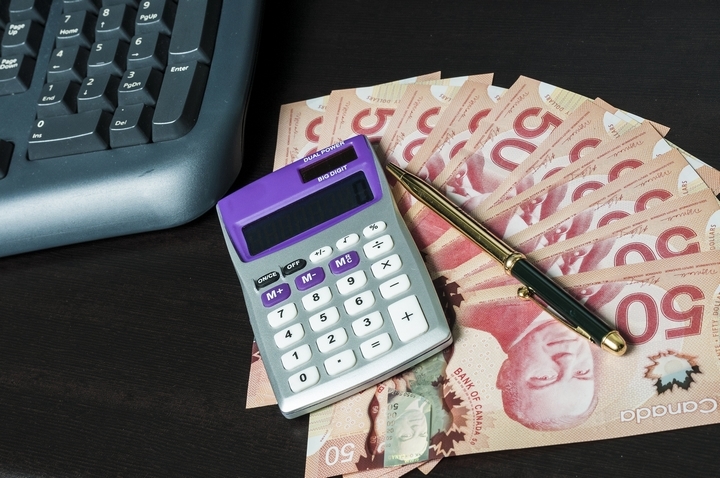
It’s better to pay a little than it is to pay none of your bills at all. If you’re looking at a lot of bills that are equally important, put down a partial payment on everyone. This way, you’re showing these corporations that you are doing what you can to cover as much of the bill as is possible. They’re more likely to keep your account in good standing if there are documented partial payments.
3. Call And Negotiate A Payment Plan

Whether it’s your rent or a utility bill, if you know you’re not going to be able to pay in full beforehand, let them know. They may be able to set up a payment plan or allow you to defer payment to a later date. Always be honest and upfront. Call well ahead of time and try to negotiate terms that give more time to come up with the amount owed.
4. Take From Savings
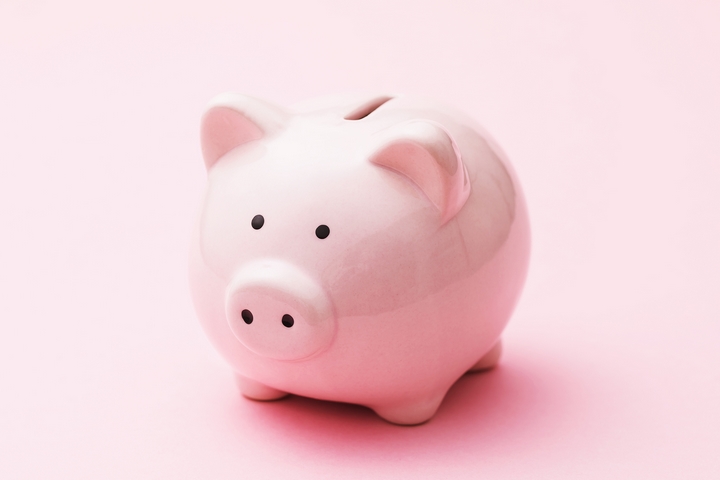
If you have a TFSA and an emergency fund, now’s the time to use it. Balance yourself out to a reasonable income amount. In the future, you can re-deposit what you’re taking. For the time being, it’s all about getting to the next month. If you can’t pay your bills, don’t hesitate to look at any available savings you may be able to get a hold of.
5. Sell Your Things

If you foresee yourself not being able to pay your bills for a few months, it makes sense to sell anything you may have of a moderate-to-high value. If you can do without your car, sell it. Electronics, musical instruments, furniture, etc. These are all things you may be able to increase your income with. Although temporary, every dollar counts.
6. Apply For A Bank Loan
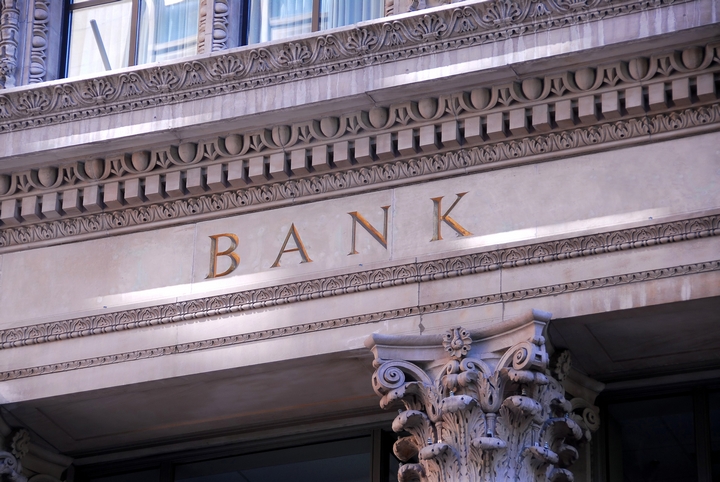
A personal loan from your bank, a line of credit, or a financial hardship loan can help cover payments and certainly are an option if there’s no alternative. Assuming your credit is in good standing, there shouldn’t be any issue in setting up a loan at your financial institution. It may take some time to get the agreement written, signed, and enacted but this strategy may be just what you need to carry you through.
7. Cut Your Food Budget Next Month

If you know you have a certain amount of money coming, reduce your expenses wherever possible. A lot of households tend to overspend on food. If there are ways to buy alternatives, purchase in bulk, or go for low-cost foods over high-cost foods, do so.
Again, every dollar counts. If you can shave off $5-$10 per week on groceries, this adds up at the end of the month. Add restaurant and fast food trips to those savings, and it could be a big help.
8. Credit Card

If you must, you can take a cash advance from your credit card. Why we don’t recommend taking from your credit card is because you have the fee for the cash advance as well as an above-average interest rate on it. You could very well end up climbing into more debt than is manageable by relying too heavily on cash advances. Don’t do them. Just don’t. Unless you absolutely have to and there’s no other option.
9. Payday Loans
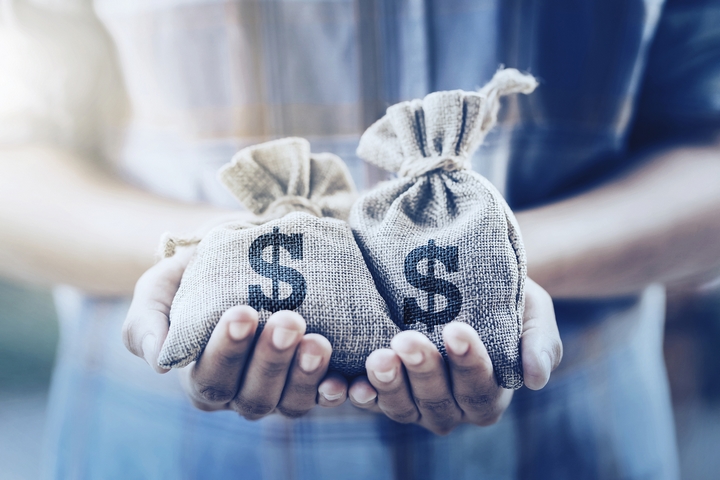
Payday loans are a short-term loan that almost every Canadian can qualify for and it’s money you can receive today. You don’t need to wait for it. Payday loans are meant to cover a shortfall until your next pay cycle. If you need money ASAP and want to know what to do when you can’t pay your bills, a payday loan can carry you through to your next paycheque and will get you back on your feet.
10. Budget for Next Month
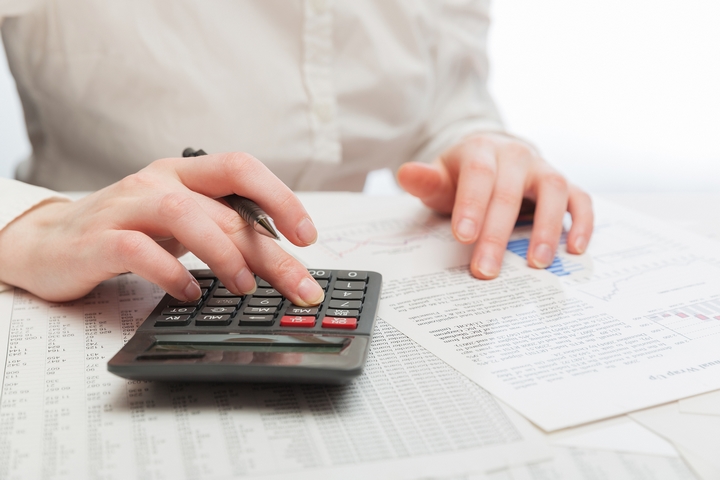
Something like a payday loan isn’t a ‘Get Out of Jail Free’ card. It’s an opportunity to set circumstances right and try again next month. To do that, you’ll need to take a close look at expenses and income, and draw up a new budget for you to follow for the next 30 days. As challenging as it may be, when you know where every dollar is going and you put in the work, within 60 days, you can completely turn around your predicament.

